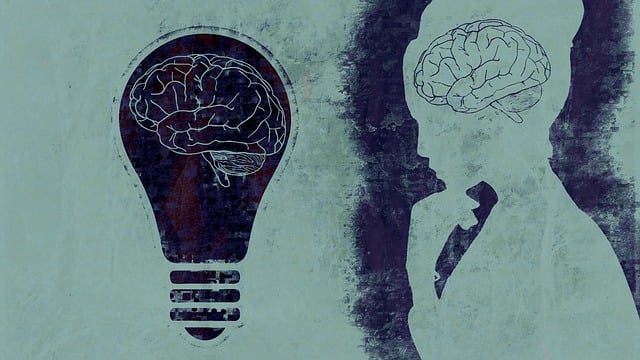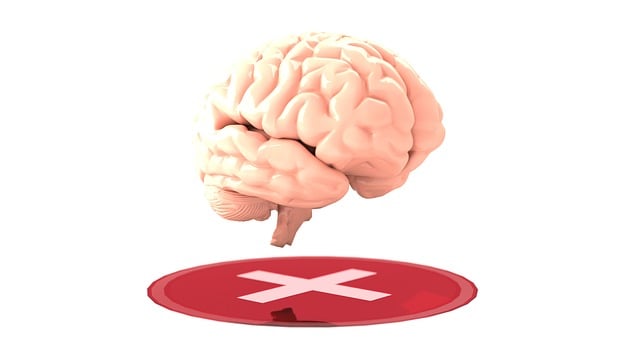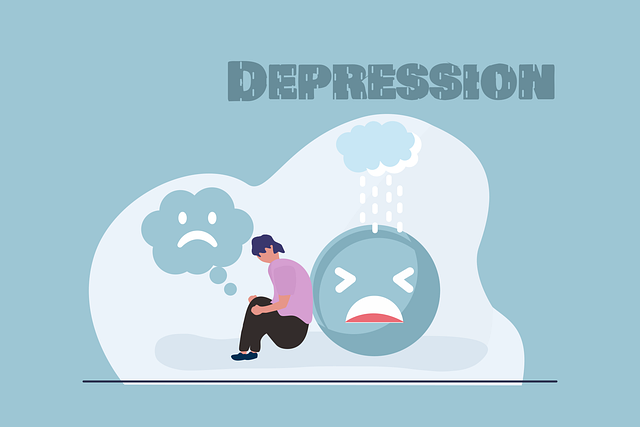The media's portrayal of mental illness significantly shapes public perception, with accurate depictions fostering empathy and reducing stigma. Castle Rock Chronic Illness Therapy addresses this issue by promoting positive narratives that reflect diverse emotional healing processes, empowering individuals with chronic mental health conditions. Through education, awareness campaigns, and stress management techniques, the therapy aims to reduce stigma, encourage open conversations about mental health, and enable folks to take charge of their mental well-being. By partnering with mental health professionals, media creators can avoid stereotypes and offer authentic storytelling, enhancing empathy and challenging preconceived notions about mental illness.
Mental illness representation in media significantly influences public perception, often perpetuating stigma or promoting understanding. This article explores the profound impact of media portrayal on mental health perceptions, highlighting the need for accurate and empathetic storytelling. We introduce ‘Castle Rock Chronic Illness Therapy’, a solution-focused approach that challenges negative narratives. Furthermore, we offer strategies to encourage responsible media representation of mental illness, fostering a more compassionate society. Discover how these initiatives contribute to improved mental health support, especially in communities like Castle Rock, where access to effective therapy is crucial.
- Understanding the Impact of Media Portrayal on Mental Health Perception
- Castle Rock Chronic Illness Therapy: A Solution-Focused Approach
- Strategies for Promoting Accurate and Empathic Mental Illness Representation in Media
Understanding the Impact of Media Portrayal on Mental Health Perception

The media’s portrayal of mental illness significantly influences public perception and understanding. When depicted accurately, stories can foster empathy and reduce the mental illness stigma, encouraging support for those struggling. Conversely, stereotypical or inaccurate representations can perpetuate harmful misconceptions and exacerbate the challenges faced by individuals with chronic mental health conditions. This is particularly notable in visual media, where characters’ emotions and behaviors are often exaggerated, failing to capture the nuanced experiences of real-life struggles.
At Castle Rock Chronic Illness Therapy, we recognize that media has a powerful role in shaping societal attitudes. Through mental illness stigma reduction efforts, we aim to promote positive narratives that reflect the diverse emotional healing processes. By engaging with these stories, audiences can gain insights into different mental wellness journeys, fostering an environment of understanding and compassion.
Castle Rock Chronic Illness Therapy: A Solution-Focused Approach

Castle Rock Chronic Illness Therapy offers a promising solution to combat the challenges posed by mental illness representation in media. This approach focuses on empowering individuals with chronic mental health conditions by providing them with the necessary tools and support. The therapy program is designed to be solution-oriented, emphasizing practical strategies for managing symptoms, improving overall well-being, and fostering resilience.
By implementing Castle Rock Chronic Illness Therapy, there is a significant shift in the narrative surrounding mental illness. It aims to reduce the stigma associated with these conditions through education and awareness campaigns, encouraging open conversations about mental health struggles. This therapy also incorporates stress management techniques and self-care practices as integral components of treatment, enabling individuals to take charge of their mental health journey.
Strategies for Promoting Accurate and Empathic Mental Illness Representation in Media

Media plays a significant role in shaping societal perceptions, and accurate representation of mental illness is crucial for fostering understanding and empathy. To promote positive change, media creators should collaborate with mental health professionals to ensure stories are told authentically. This collaboration can help avoid stereotypes and provide insights into the lived experiences of individuals with mental illnesses, such as Castle Rock Chronic Illness Therapy addresses.
Incorporating self-awareness exercises and emotional well-being promotion techniques within narratives can further enhance empathy. Portraying characters engaging in self-esteem improvement strategies, for instance, can offer viewers relatable models for coping mechanisms. By presenting diverse perspectives and employing nuanced storytelling, media has the potential to challenge preconceived notions and encourage conversations around mental health.
Mental illness representation in media significantly impacts public perception and understanding of various mental health conditions. By adopting a solution-focused approach, such as that offered by Castle Rock Chronic Illness Therapy, we can challenge negative stereotypes and promote empathy. Implementing strategies to enhance accurate and empathic representation in media is crucial, ensuring stories reflect the diverse experiences of those living with mental illness while fostering supportive communities.














